Chili-spiked latte coffee is currently a hit in China, but experts warn of the harmful effects of this strange drink.
Recently, a cafe in Jiangxi Province (China) launched a spicy latte by cutting dried chili into iced latte cups and sprinkling chili powder on top. Each cup costs 20 yuan, about 68,000 VND and can sell 300 cups a day.
A store employee said that at first, she thought the coffee would be spicy, but it was actually better than she imagined. "This is delicious, not as strange as people think," the employee said, adding that most customers commented positively on this new drink.
In fact, spicy coffee is not new. Since 2021, in Australia, a store called Chilli Coffee has launched packaged spicy coffees, priced from 9 to 230 USD depending on the volume. The product is described as "award-winning coffee and a favorite at chili festivals and barbecues".

Spicy latte coffee is a hit in China. Photo: SCMP
While it's fun, experts warn that overdoing it can be harmful to your health. The Crohn's & Colitis Foundation has listed spicy foods as a food that can trigger irritable bowel syndrome (IBS).
According to the National Institute of Standards and Technology, chili peppers contain capsaicin, which sends pain signals to the brain, causing a burning sensation in the mouth and tongue. The spicy taste can cause stomach pain, diarrhea, chest pain, headaches, and vomiting. In rare cases, very hot chili peppers can cause splitting headaches or severe vomiting, and esophageal damage.
"Consuming a lot of capsaicin can damage the digestive tract because it is absorbed in the stomach and small intestine," said Dr. Fazia Mir, a spokesperson for the American Gastroenterological Association, adding that a study published in the August 2022 issue of the journal Experimental Cell Research also verified this.
Research published in Food in March 2022 shows that consuming a lot of capsaicin inhibits the production of stomach acid, causing gastritis and altering the structure of the intestinal barrier. According to Johns Hopkins Medicine, overly spicy food is one of the causes of esophagitis and gastroesophageal reflux disease.
“For people who are particularly sensitive to capsaicin, even inhaling it can trigger an asthma attack. Eating a lot of capsaicin can cause bronchospasm in these patients,” says Dr. Mir.
In Oriental medicine, spicy foods are hot, good for increasing blood circulation and raising body temperature in cold weather. Although good, patients with stomach, heart, kidney, gallstones, mouth ulcers, hemorrhoids, or women who have just given birth should not eat spicy foods. Spicy foods can cause stomach ulcers.
Above all, spicy elements must pass through the kidneys to be excreted, in this process will cause damage to kidney cells. The stimulating effect of spicy spices also causes blood circulation to increase suddenly, making the heart rate of the patient faster, which can lead to cardiovascular collapse. In addition, eating spicy foods stimulates hemorrhoids, making the swelling and congestion worse.
Therefore, experts recommend that people with digestive problems, stomach problems, reflux... should limit this drink to avoid the risk of losing money and getting sick.
Doan Hung (According to NetEase, Everyday Health, Cleveland Clinic )
Source link


![[Photo] General Secretary To Lam receives US Ambassador to Vietnam Marc Knapper](https://vphoto.vietnam.vn/thumb/1200x675/vietnam/resource/IMAGE/2025/9/29/c8fd0761aa184da7814aee57d87c49b3)

![[Photo] National Assembly Chairman Tran Thanh Man chairs the 8th Conference of full-time National Assembly deputies](https://vphoto.vietnam.vn/thumb/1200x675/vietnam/resource/IMAGE/2025/9/29/2c21459bc38d44ffaacd679ab9a0477c)
![[Photo] General Secretary To Lam chairs the meeting of the Central Steering Committee on preventing and combating corruption, waste and negativity](https://vphoto.vietnam.vn/thumb/1200x675/vietnam/resource/IMAGE/2025/9/29/fb2a8712315d4213a16322588c57b975)
![[Photo] Many streets in Hanoi were flooded due to the effects of storm Bualoi](https://vphoto.vietnam.vn/thumb/1200x675/vietnam/resource/IMAGE/2025/9/29/18b658aa0fa2495c927ade4bbe0096df)
![[Photo] General Secretary To Lam attends the ceremony to celebrate the 80th anniversary of the post and telecommunications sector and the 66th anniversary of the science and technology sector.](https://vphoto.vietnam.vn/thumb/1200x675/vietnam/resource/IMAGE/2025/9/29/8e86b39b8fe44121a2b14a031f4cef46)


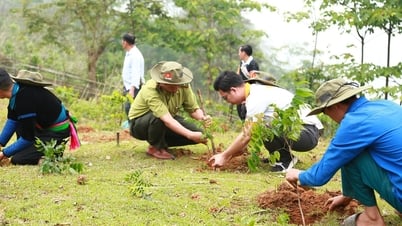


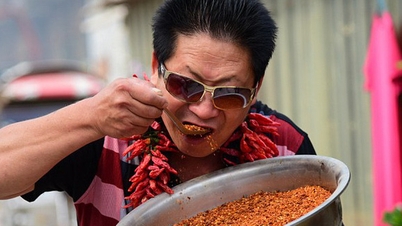





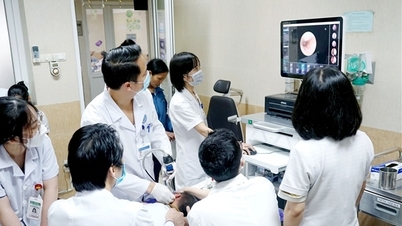

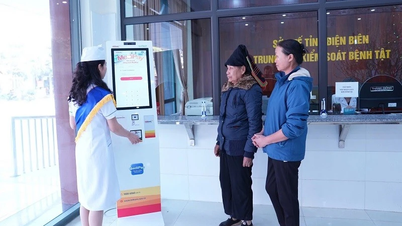

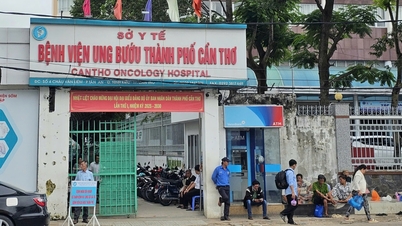


























































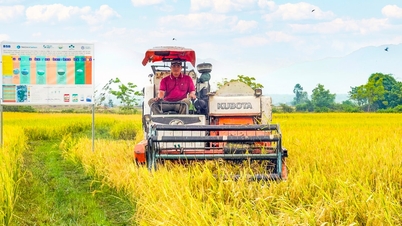

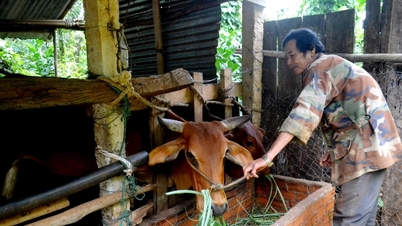
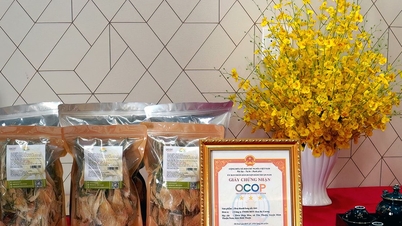


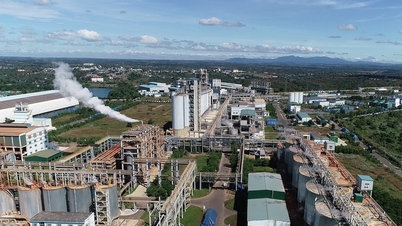
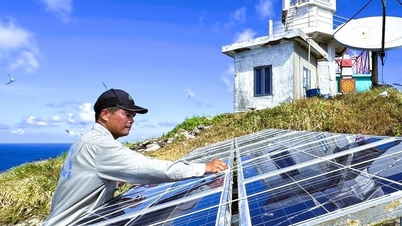













Comment (0)